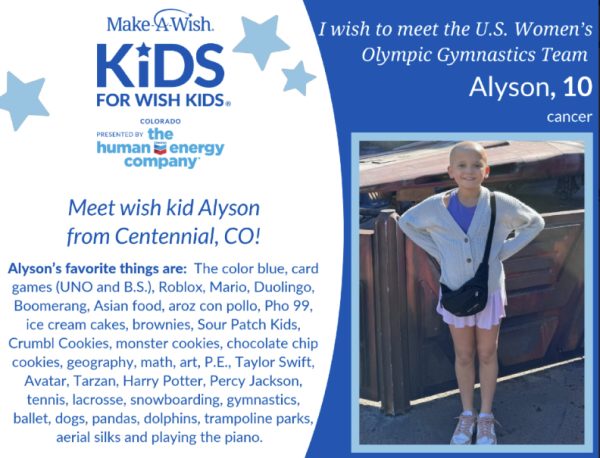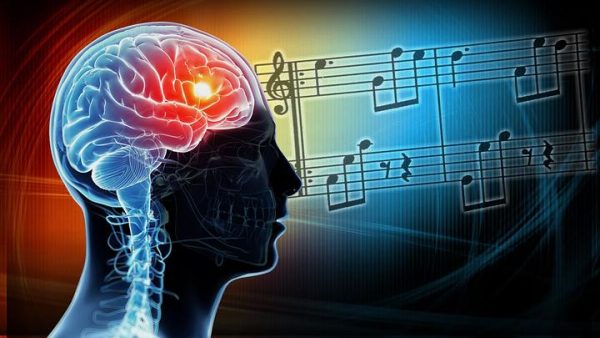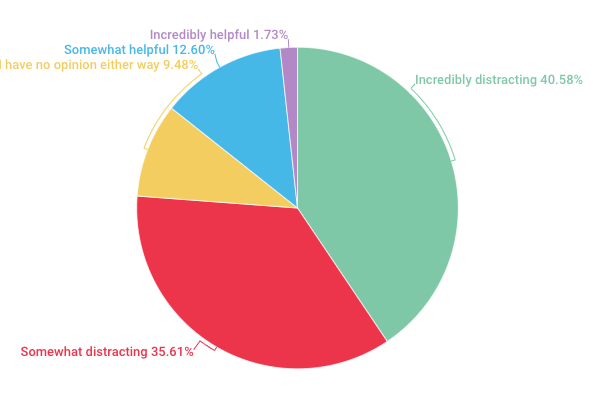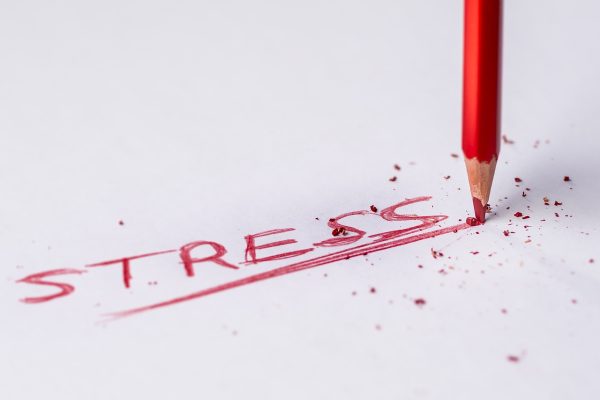Sleep Disorders
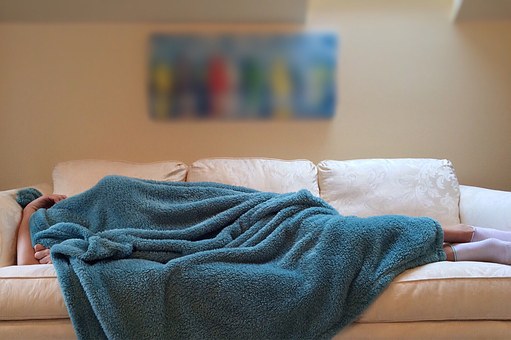
May 12, 2017
As teenagers, school, sports, jobs, and other activities often take up a majority of our lives and prevent us from getting an adequate amount of sleep. It is true that a lot of people have irregular sleep patterns, especially as teenagers who sometimes pull all-nighters to finish projects. Even I am tired of hearing that I need to get more sleep, I know I have an irregular sleep schedule. However, with these busy schedules and unnatural sleep patterns, sleep disorders sometimes get overlooked. So how do you know if you might have one?
Three very common sleep disorders are insomnia, narcolepsy, and sleep apnea, but what exactly are these diseases and how do you know if you have one?
Insomnia:
Definition- Is technically difficulty falling asleep or staying asleep even when a person has the chance to do so. Acute insomnia is brief and usually only happens because of life circumstances. Chronic insomnia is disrupted sleep that occurs at least three nights a week and lasts at least three months.
Causes- Stress, travel, poor sleep habits and even eating too much late in the evening can cause insomnia. Mental health issues such as PTSD, depression and other medical conditions can also cause this disease.
Symptoms- Difficulty falling or staying asleep, not feeling well-rested, waking up too early, irritability, depression or anxiety, ongoing worries about sleep
Treatments-
– Relaxation training
– Breathing exercises
– meditation techniques
– guided imagery
– I also know someone who used to listen to audiobooks before he went to sleep and that helped him when he had self-diagnosed insomnia
– There are medicines you can take (both over the counter and prescription) to help treat insomnia, but it is important to consult with your doctor before doing anything rash.
Narcolepsy:
Definition- A sleep disorder that makes you feel overwhelmingly tired and in severe cases can cause uncontrollable sleep attacks (some states even have laws against people with narcolepsy driving without treatment because of how dangerous this disease can be).
Causes- Although the exact cause of narcolepsy is unknown, research suggests that people with the disease have low levels of the neurotransmitter hypocretin (a chemical that regulates arousal, wakefulness and appetite)
Symptoms-
– Daytime sleepiness
– Uncontrollable episodes of falling asleep
– Cataplexy (a sudden loss of muscle tone that is often triggered by intense emotions such as surprise, laughter, or anger)
Treatment-
– Support groups
– Cognition-enhancing medication
– Antidepressants
– Selective Serotonin Reptake
– Limit consumption of alcohol, tobacco, and other drugs
– Exercise
– Practice good sleep hygiene
Sleep Apnea:
Definition- A common disorder where you have one or more pauses in breathing or shallow breaths while you sleep (these pauses can last for a few seconds to even a few minutes)
Causes-
Obesity (soft tissue in the mouth and throat can cause the airway to become blocked)
– Enlarged tonsils
– A large overbite
– Tumors or growth in the airway
– Down syndrome and Pierre-Robin syndrome
– Narrow throated people
– Smoking
– Excessive alcohol use
– The use of sedatives can be associated with sleep apnea
Symptoms-
The breathing pauses can result in a decreased oxygen content in the blood which briefly awakens sleepers throughout the night
– Loud snoring
– Repeated nighttime awakenings
– Excessive daytime sleepiness
Can lead to cardiovascular disease, accidents, and premature death
Treatments-
– CPAP mask
– Dental appliances
– Surgery
– Lose weight
– Avoid alcohol
– Quit smoking
If you want to track your nightly sleep, a good app that is free and that I have found works well is sleep cycle. Best of luck with your sleep!


